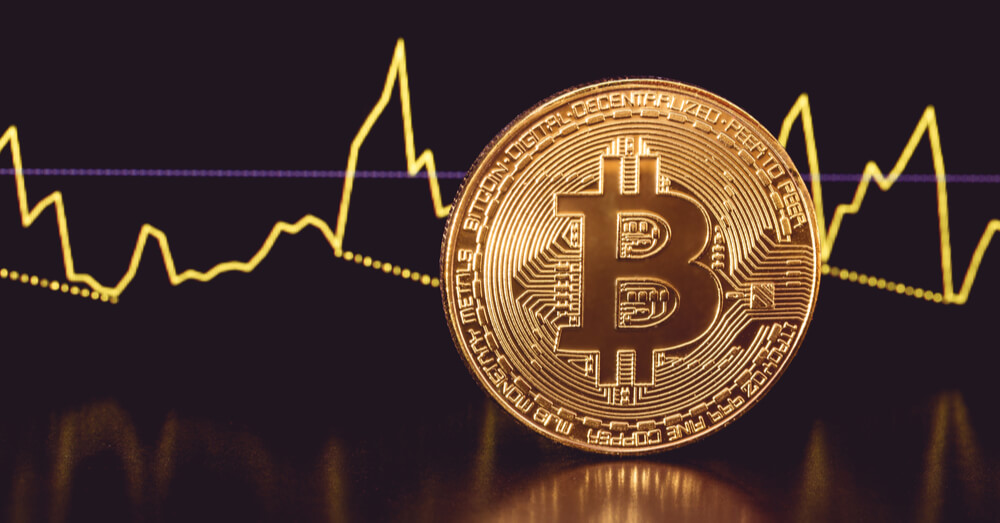
According to Blockforce Capital, the volatility of the world’s leading cryptocurrency reached a multi-month high in November
Data from Blockforce Capital revealed that the price volatility of Bitcoin surged to levels not witnessed since early June — with price fluctuating aggressively in this period. Bitcoin’s 30-day annualised price volatility reached 68.64% as November came to an end.
According to data from CoinDesk, volatility climbed to this level around the same time Bitcoin’s price jumped to $19,354.98. This price level was just 5% shy of the previous all-time high of $19,783.21 posted in December 2017 — almost three years ago.
Interestingly, there’s not a big difference between this five-month high figure and the average volatility over the long term. The annualised 30-day volatility stands at 68.64%, which is roughly 8.6% higher than the historical average 30-day volatility of 63.22%.
November was indeed a key month for the cryptocurrency. CoinDesk data shows that Bitcoin’s price increased to $19,392.91 on 24 November, which was a yearly-high at the time and a 40% gain for the month. A brief pullback after this rally saw its price slump to $16,242.70, just two days later.
However, Bitcoin managed to recover and got back on a bullish path, posting sharp gains over the following days. Remaining on this bullish path, Bitcoin went on to set a new all-time high of $19,900 on 30 November.
Overall, Bitcoin has been on an upward trend for the larger part of the year. Currently, it is up about 400% up from its 2020 low when price crashed to below $3,900 in March. Since then, the crypto coin has made the most out of its steady upward momentum.
Regarding the recent bull season, many analysts have highlighted the influence and interest of institutions as the main driving force; in stark contrast to 2017’s bull market. Institutions like MicroStrategy as well as financial service providers like PayPal and Square, have significantly contributed to the bull run through their activities and general involvement.
The bull market of 2017, on the other hand, was totally different. The price surge at the time was propelled by retail investors and widespread media coverage.

